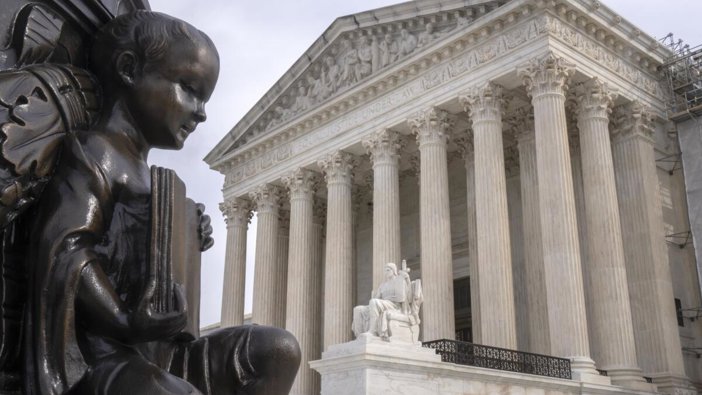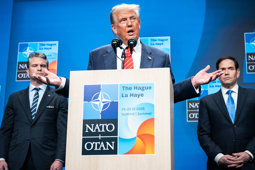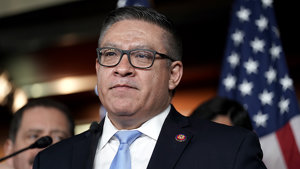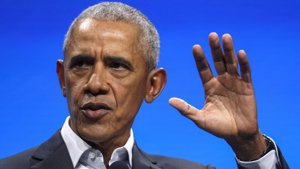
Court Rejects Mexico Gunmaker Lawsuit
Justices rule that Mexico cannot sue American gun manufacturers over cartel-linked violence under U.S. liability law.
Unanimous Ruling Reinforces Legal Shield for U.S. Gun Industry
The Supreme Court on Thursday unanimously rejected a lawsuit filed by the Mexican government against seven American gun manufacturers, concluding that Mexico’s claims over cartel-linked violence fall outside the scope of U.S. liability law.
In the case Smith & Wesson Brands v. Estados Unidos Mexicanos, the court found that the Protection of Lawful Commerce in Arms Act (PLCAA) bars Mexico from suing the gunmakers, who were accused of aiding and abetting illegal arms trafficking to criminal organizations across the border.
Justice Elena Kagan, writing for the court, stated that the allegations “cannot satisfy the demands of the statute’s predicate exception,” which would allow lawsuits against manufacturers only if they proximately caused the alleged harm.
“Mexico’s complaint, for the reasons given, does not plausibly allege such aiding and abetting,” Kagan wrote. “So this suit remains subject to PLCAA’s general bar: An action cannot be brought against a manufacturer if, like Mexico’s, it is founded on a third party’s criminal use of the company’s product.”
The ruling clarifies that the “proximate cause” standard requires a direct and foreseeable link between a manufacturer’s conduct and the resulting harm. In this case, the court determined that the chain of commerce—from legal U.S. manufacturers to wholesalers, distributors, retailers, and eventually smugglers—was too indirect to establish legal liability.
Cross-Border Legal and Political Tensions
The lawsuit was part of a broader effort by Mexican officials to hold U.S. entities accountable for weapons that fuel cartel violence, which Mexico argues contributes to its ongoing security crisis. The case also highlighted tensions between the Trump administration’s push for stronger border enforcement and Mexico’s demand to curb the flow of military-style firearms into its territory.
Mexico, which enforces strict limits on civilian gun ownership, had sought $10 billion in damages through the civil lawsuit. Its legal team argued that U.S. gunmakers had acted negligently by not implementing safeguards to prevent illegal exports.
Gunmakers maintained that they operated within the bounds of U.S. law and had no knowledge that their products would be illegally trafficked. The Supreme Court sided with the manufacturers, affirming that PLCAA offers broad protection against liability stemming from third-party criminal conduct.
The ruling represents the first time the high court has weighed in on the boundaries of PLCAA. While previous attempts to challenge gun industry protections—such as the Sandy Hook lawsuit—resulted in private settlements, the Mexico case provides a precedent-setting judicial interpretation of the statute.
Gun control advocates criticized the decision, warning that it could hinder future efforts to hold gunmakers accountable in cases of mass shootings or international violence. Meanwhile, Second Amendment supporters praised the court’s clarity in shielding a “lawful and heavily regulated industry” from what they described as politically motivated litigation.
Kagan noted that Mexico failed to establish “the kind of conscious and culpable participation in another’s wrongdoing” required for an aiding-and-abetting claim. Without that standard being met, she wrote, the suit could not proceed under PLCAA exceptions.
The decision is expected to influence future legal strategies involving international claims and the limits of U.S. tort law applied across borders. For now, it solidifies the broad legal immunity afforded to American gun manufacturers under existing federal protections.






